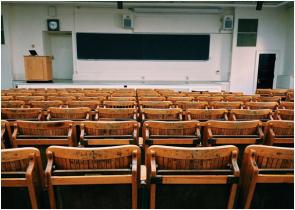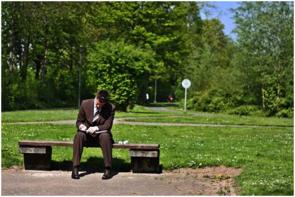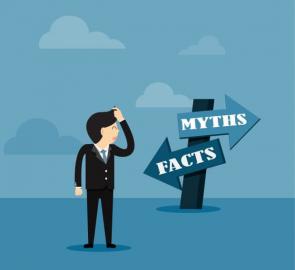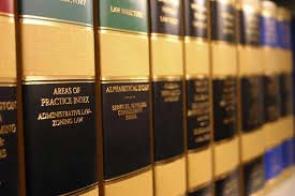
Navigating Employment Law Compliance in Remote Recruiting: Tips for Managing Pay Transparency, Background Checks, and Data
As we begin 2023, companies need to expand their employment law compliance efforts to include recruiting. With...
16 views
As we begin 2023, companies need to expand their employment law compliance efforts to include recruiting. With...
16 views
AI, new data, and metrics are all essential tools for predicting success in recruiting for law firms and can...
8 views
Do you want to find a permanent law position as an associate or partner? Working with the country’s top...
150 views
In this article, you will learn about legal recruitment coordinators and their roles in the hiring process....
180 views
Summary: Find out if your legal recruiting makes the grade with these 3 tips.
276 viewsSummary: There is so much more to recruiting and being a recruiter than simply stocking a client’s job...
157 views
Summary: Recruiting has become increasingly competitive, particularly with so many clients and employers...
108 views
Summary: In this day and age of recruitment, recruiters and hiring managers understand the value of brands, as...
41 views
Summary: These six articles showcase the advice given by HR managers and others in business and law practices...
66 viewsSummary: These six articles highlight the highlight the emerging role of human resources within business...
134 views
Summary: These six articles highlight the importance and responsibility a company or law firm has to develop...
50 views
Summary: These six articles highlight how changes in the workplace, as well as workers, have affected what...
1725 views
Summary: These six articles highlight how artificial intelligence is changing the recruiting and legal...
94 views
Summary: These six articles highlight the effects technology has on recruiting and inside businesses as a...
45 views
Summary: These six articles highlight the effects technology has on recruiting as well as inside the...
25 views
Summary: These six articles highlight the need for an organization to be attractive to job seekers, through...
95 views
This article provides summer associates with in depth advice about how to interact with legal staff to make...
215 views
Summary: There are five big trends that will help mold the human resources departments in law firms to...
2482 views
Summary: The President of Rifkin Consulting, a legal recruiting firm, keeps a blog of advice for law students...
13 viewsSummary: I am a 2L at a state school where the recruiting focus is very much on local firms. How can I start...
75 viewsAlthough, for some, it seems a long way off, most of us recall the booming legal market in late 2007/early...
12 views
Summary: When you have a major career issue, such as a potential need to change jobs, what should you do? You...
259 views
There is a select group of candidates that everybody wants, and you know the type we are talking about....
10 views
Far too many legal-hiring organizations fail to hire stars because their hiring process actually prevents...
35 views
Law firm recruiting managers are called upon daily to handle a myriad of responsibilities for their firms,...
18 views
When it comes to recruiting, law firms get as much out of their efforts as they put into them. As a result, is...
228 views
In many firms, lateral hiring resembles a revolving door: Lawyers come in, spend three or more years with the...
15 views
Yes, even legal recruiting has myths associated with it. Many people have preconceived notions about how to...
1059 views
Professional Overview Phyllis Hawkins is the founder of Phyllis Hawkins & Associates, Inc., a leading legal...
483 views
Lately, there has been so much talk and so many articles about how bad the legal employment market is, how the...
20860 views